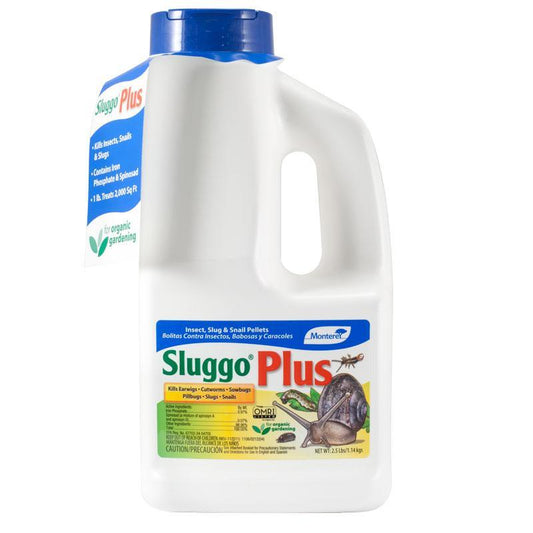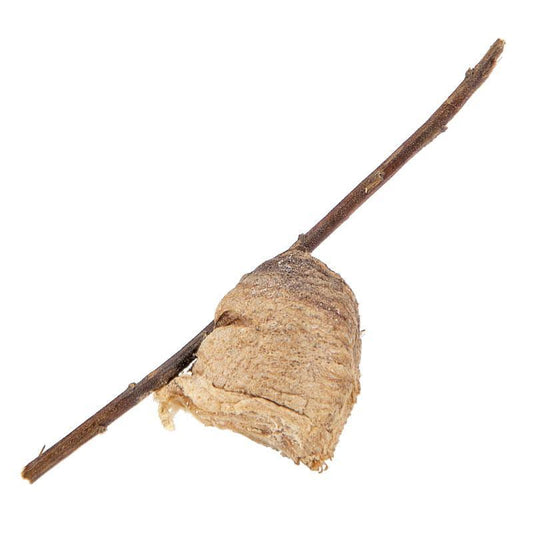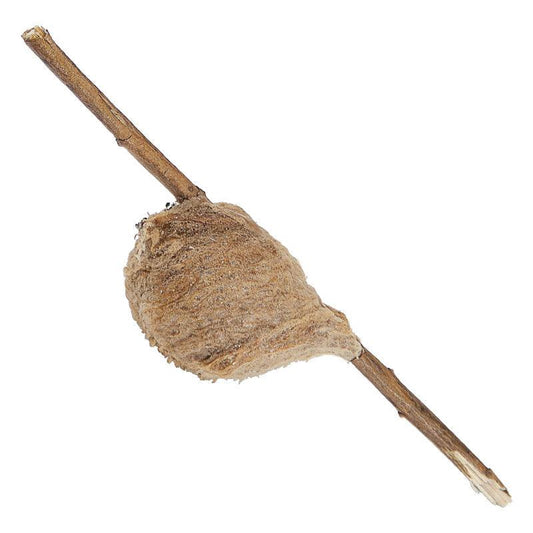In this video, Tricia shares her tips for controlling insects in your organic garden.
Natural Ways to Control Pests in Your Garden
A healthy garden brings joy and delicious produce, but pests can sometimes disrupt the peace. From earwigs to aphids, managing crawling insects and other pests organically is essential for maintaining a thriving, sustainable garden. Here are effective strategies for identifying and controlling pests using natural methods.
Identifying Garden Pests
Identifying garden pests is the first step. Take a stroll through your garden at night to catch nocturnal pests in action. Common offenders include earwigs, slugs, and grasshoppers, all of which are especially drawn to young, tender plants. If you’re unsure about the pest type, pest ID cards can help you determine the insect causing the damage.
Controlling Crawling Insects
Regularly inspecting your plants and manually removing pests is a simple and effective way to manage small infestations. Traps and baits are also helpful. Use slug traps like Slug Saloon, which attract pests with malted barley, rice, yeast, and sucrose. For persistent problems, try Sluggo Plus, which combines iron phosphate and spinosad to target earwigs, slugs, and other insects. Diatomaceous earth is another excellent option. This natural substance deters crawling insects, but ensure it stays dry to remain effective.
Encouraging Beneficial Insects
Beneficial insects like ladybugs and praying mantises naturally control pests. Plant flowers to attract ladybugs, and hang praying mantis egg cases in your garden. These predators will help keep pests at bay without harming your plants.
Organic Pest Control Sprays
If pests persist, consider organic sprays. Insecticidal soaps are effective against soft-bodied pests like aphids and whiteflies. Oils like neem oil or horticultural oils smother eggs and larvae while also repelling certain pests. Bacillus Thuringiensis (Bt) targets caterpillars specifically and is available in home and commercial formulations.
Using Sticky Traps
Sticky traps can also help manage pests. Use yellow and blue sticky traps to attract and capture harmful insects like cucumber beetles. These traps are especially useful in greenhouses where beneficial insects may not thrive. Neem oil acts as an insecticide, miticide, and fungicide. However, use it sparingly as it can harm beneficial insects.
With these organic pest control methods, you can protect your garden while maintaining its health and productivity. No more unwanted critters in your spinach salad—grow organic for life!




